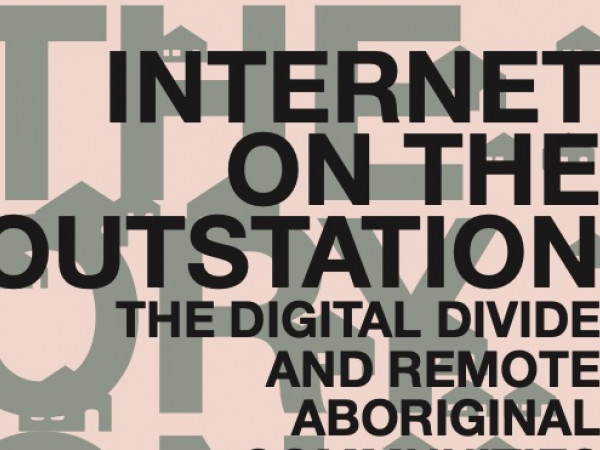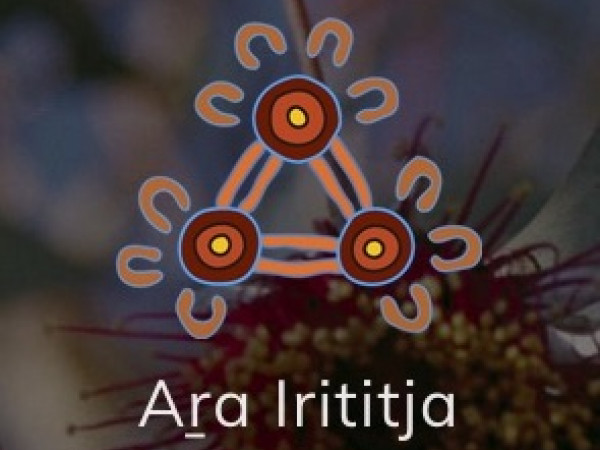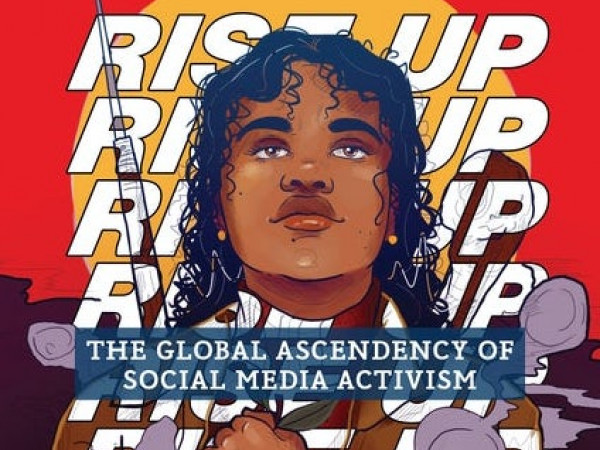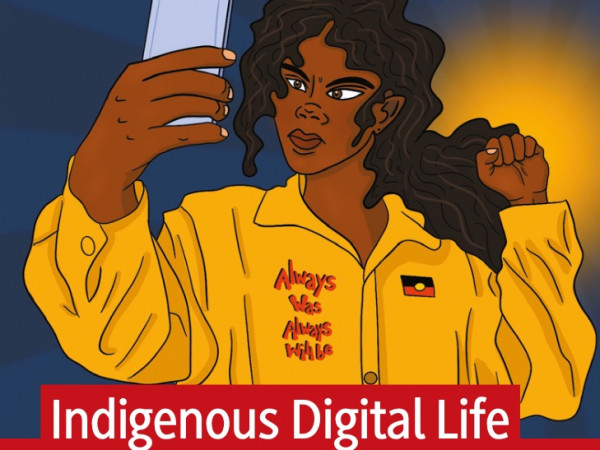Global Indigenous Media
Cultures, poetics and politics
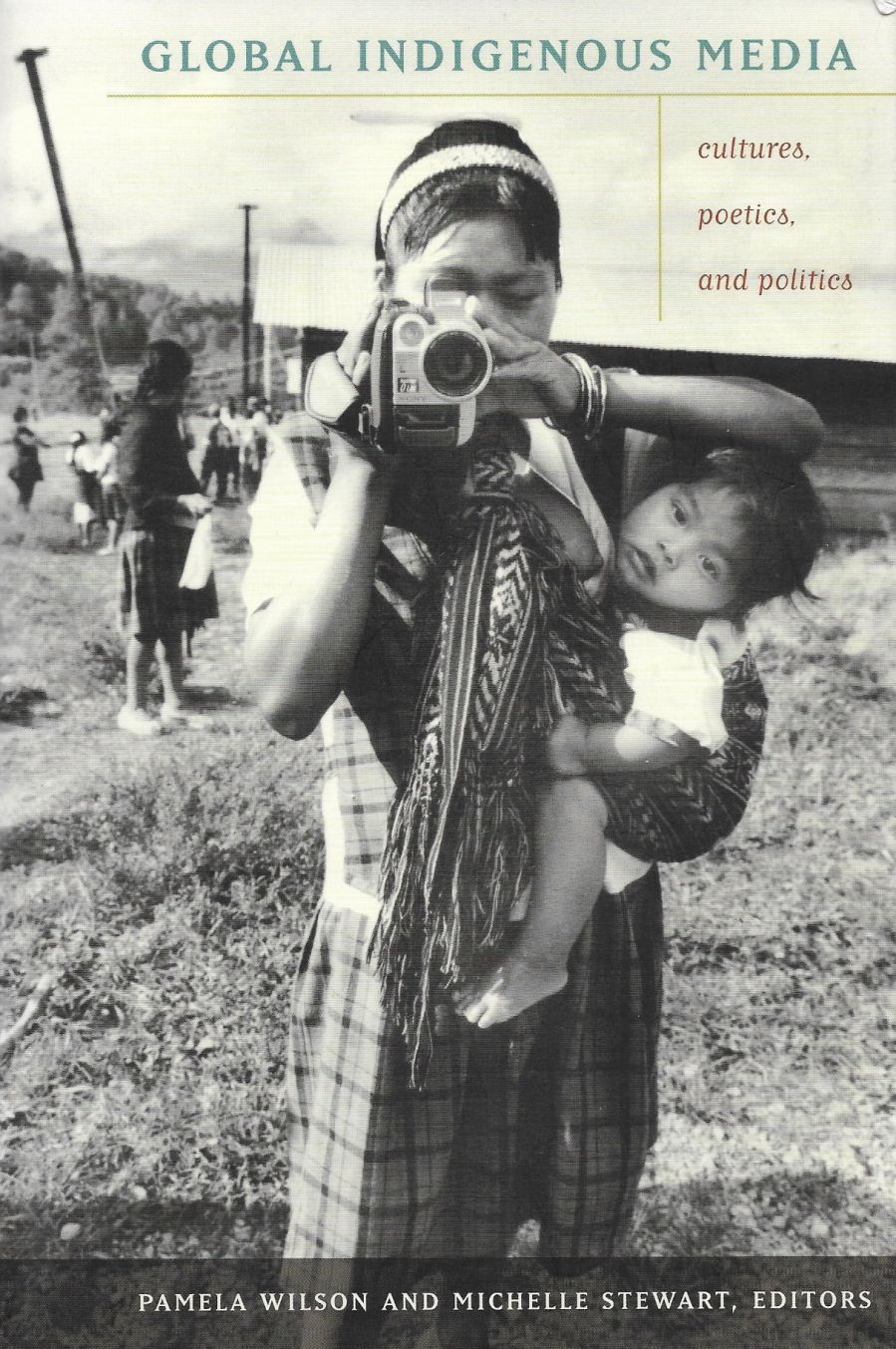
Wilson, P. & Stewart, M. (2008) Global Indigenous Media - cultures, poetics and politics, Durham & London: Duke University Press
'In this exciting interdisciplinary collection, scholars, activists, and media producers explore the emergence of Indigenous media: forms of media expression conceptualized, produced, and created by Indigenous peoples around the globe. Whether discussing Maori cinema in New Zealand or activist community radio in Colombia, the contributors describe how native peoples use both traditional and new media to combat discrimination, advocate for resources and rights, and preserve their cultures, languages, and aesthetic traditions. By representing themselves in a variety of media, Indigenous peoples are also challenging misleading mainstream and official state narratives, forging international solidarity movements, and bringing human rights violations to international attention.
Global Indigenous Media addresses Indigenous self-representation across many media forms, including feature film, documentary, animation, video art, television and radio, the Internet, digital archiving, and journalism. The volume’s sixteen essays reflect the dynamism of Indigenous media-making around the world. One contributor examines animated films for children produced by Indigenous-owned companies in the United States and Canada. Another explains how Indigenous media producers in Burma (Myanmar) work with NGOs and outsiders against the country’s brutal regime. Still another considers how the Ticuna Indians of Brazil are positioning themselves in relation to the international community as they collaborate in creating a CD-ROM about Ticuna knowledge and rituals. In the volume’s closing essay, Faye Ginsburg points out some of the problematic assumptions about globalization, media, and culture underlying the term “digital age” and claims that the age has arrived. Together the essays reveal the crucial role of Indigenous media in contemporary media at every level: local, regional, national, and international.'
See (particularly) chapters:
14. Digital Tools and the Management of Australian Aboriginal Desert Knowledge / Michael Christie pp 270-286
15. Rethinking the Digital Age / Faye Ginsburg pp 287-305

